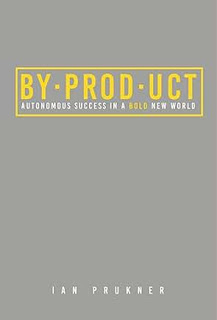There are many ways to earn money, but some of the most common methods include:
Book: 9 Rules to Dominate Your Money and Learn What 67% of Adults Don’t Know: Financial Literacy for Teens by a Teen (with a Little Help from Mom & Dad): https://amzn.to/3Pzkd0e
Time for money: This means trading your time for money, by working a job or providing a service.
Information for money: This means sharing your knowledge or expertise, by writing articles, creating courses, or giving presentations.
Product or service for money: This means selling a product or service that you create or provide.
Let your money work for you: This means investing your money so that it can grow over time.
Each of these methods has its own pros and cons.
Time for money is a relatively straightforward way to earn money, but it can be time-consuming and demanding. You may have to work long hours or deal with difficult customers. However, this method can be a good way to earn a steady income.
Information for money can be a more flexible way to earn money, as you can often set your own hours and work from anywhere. However, you may need to have a specialized knowledge or skill in order to be successful.
Product or service for money can be a more lucrative way to earn money, but it also requires more upfront investment. You will need to create or develop a product or service that people are willing to pay for. However, if you are successful, this method can be a very rewarding way to earn money.
Let your money work for you is a long-term strategy for earning money. You will need to invest your money in assets that have the potential to grow over time. This method can be a good way to build wealth over time, but it is important to do your research and understand the risks involved.
Here are some tips for earning money:
* **Find a way to monetize your skills or interests.** If you have a skill or interest that you are passionate about, there is a good chance that you can find a way to make money from it.
* **Be creative and persistent.** There are many different ways to earn money, so don't be afraid to think outside the box. And don't give up if you don't succeed right away.
* **Do your research.** Before you start any new venture, it is important to do your research and understand the risks involved.
* **Be patient.** It takes time to build a successful business or earn a significant amount of money. Don't expect to get rich overnight.
I hope this helps!










